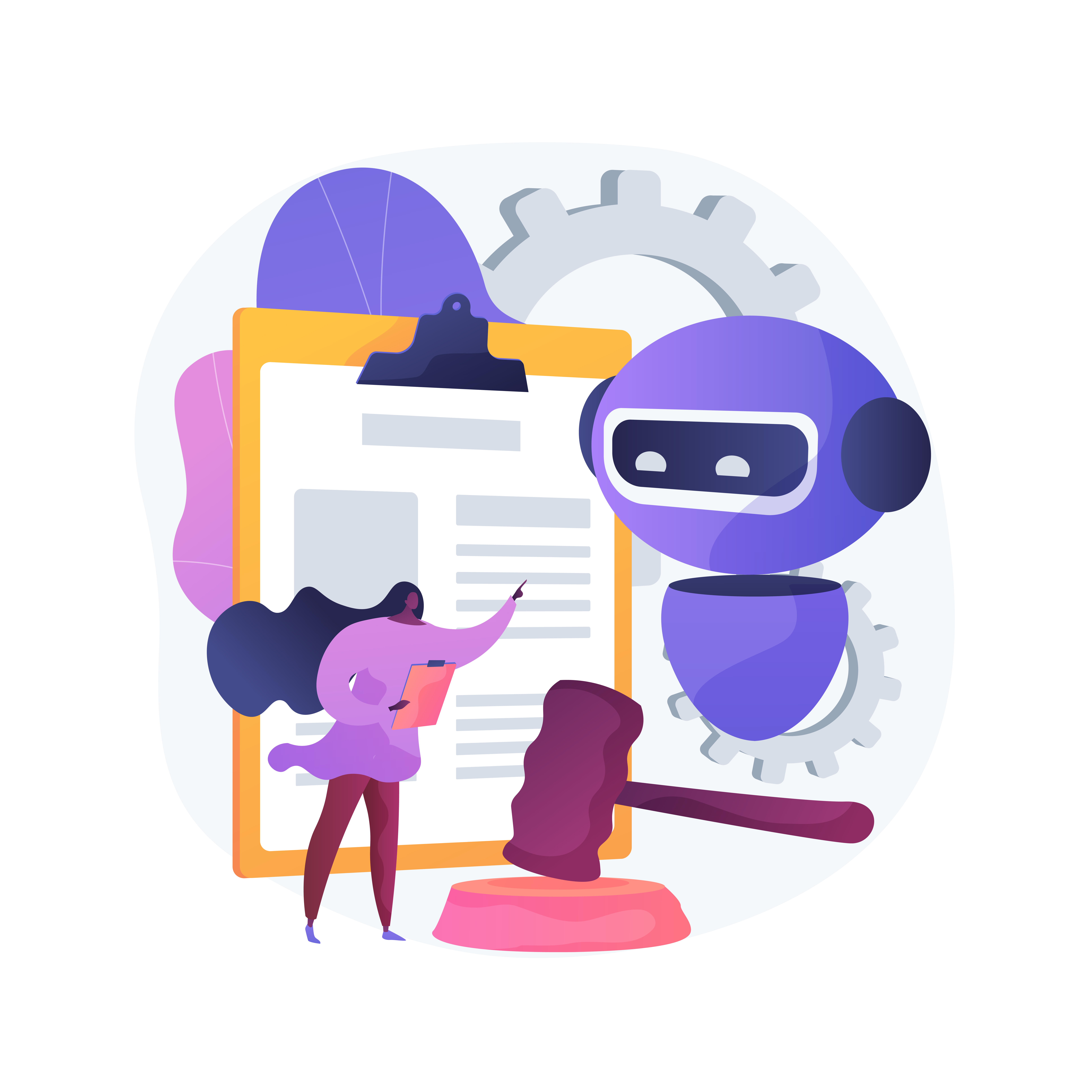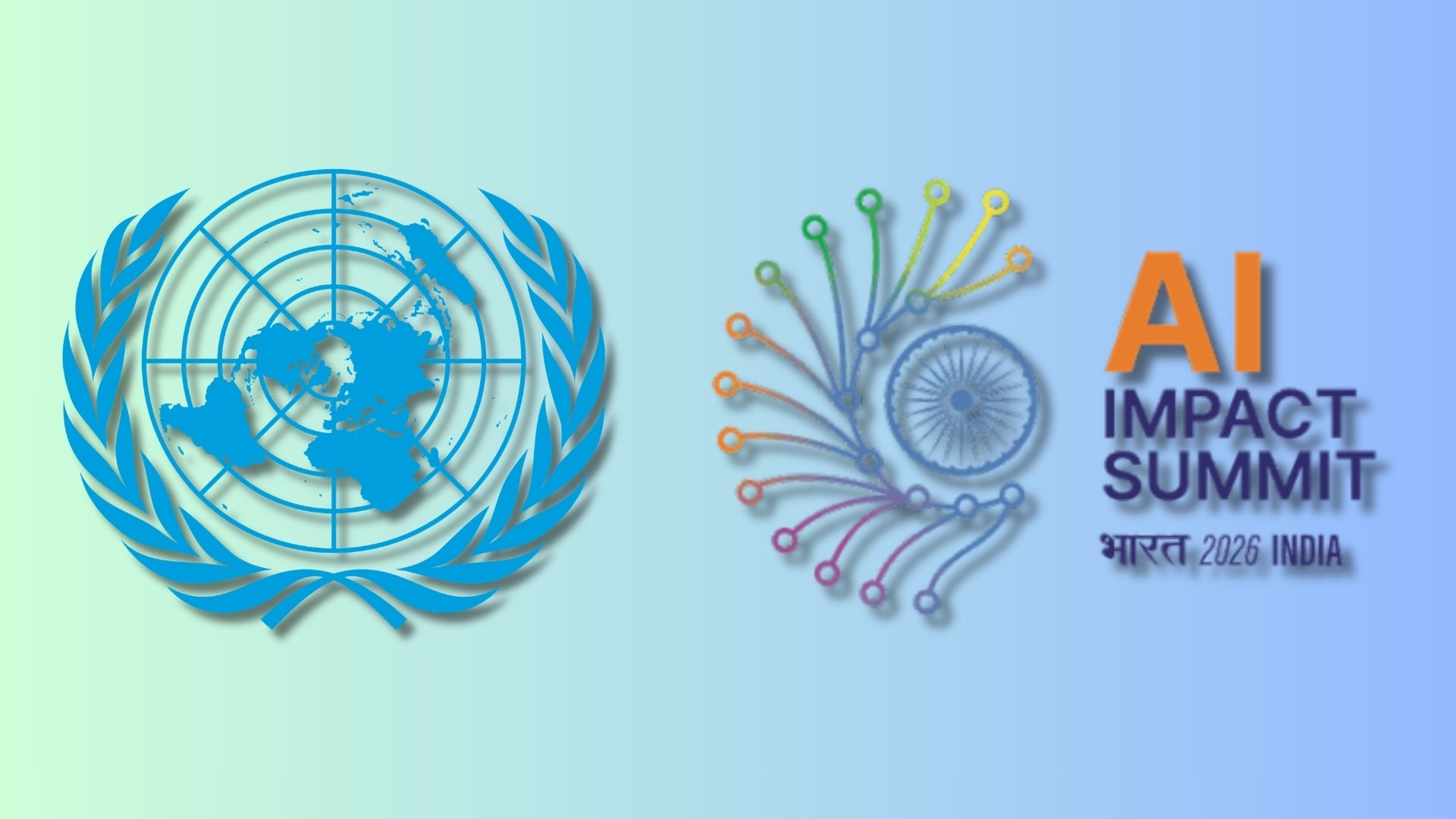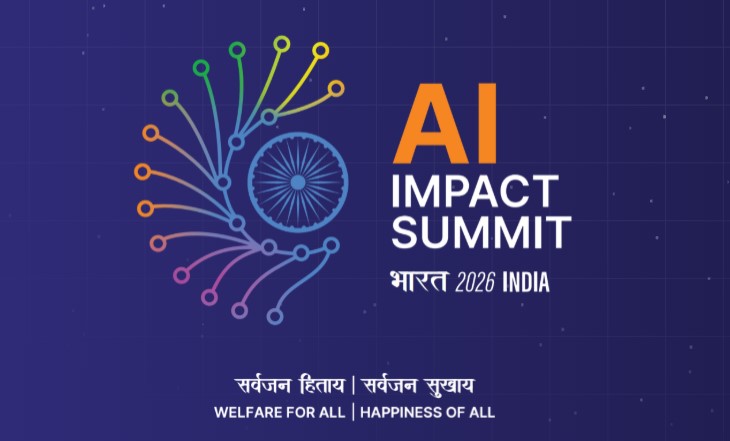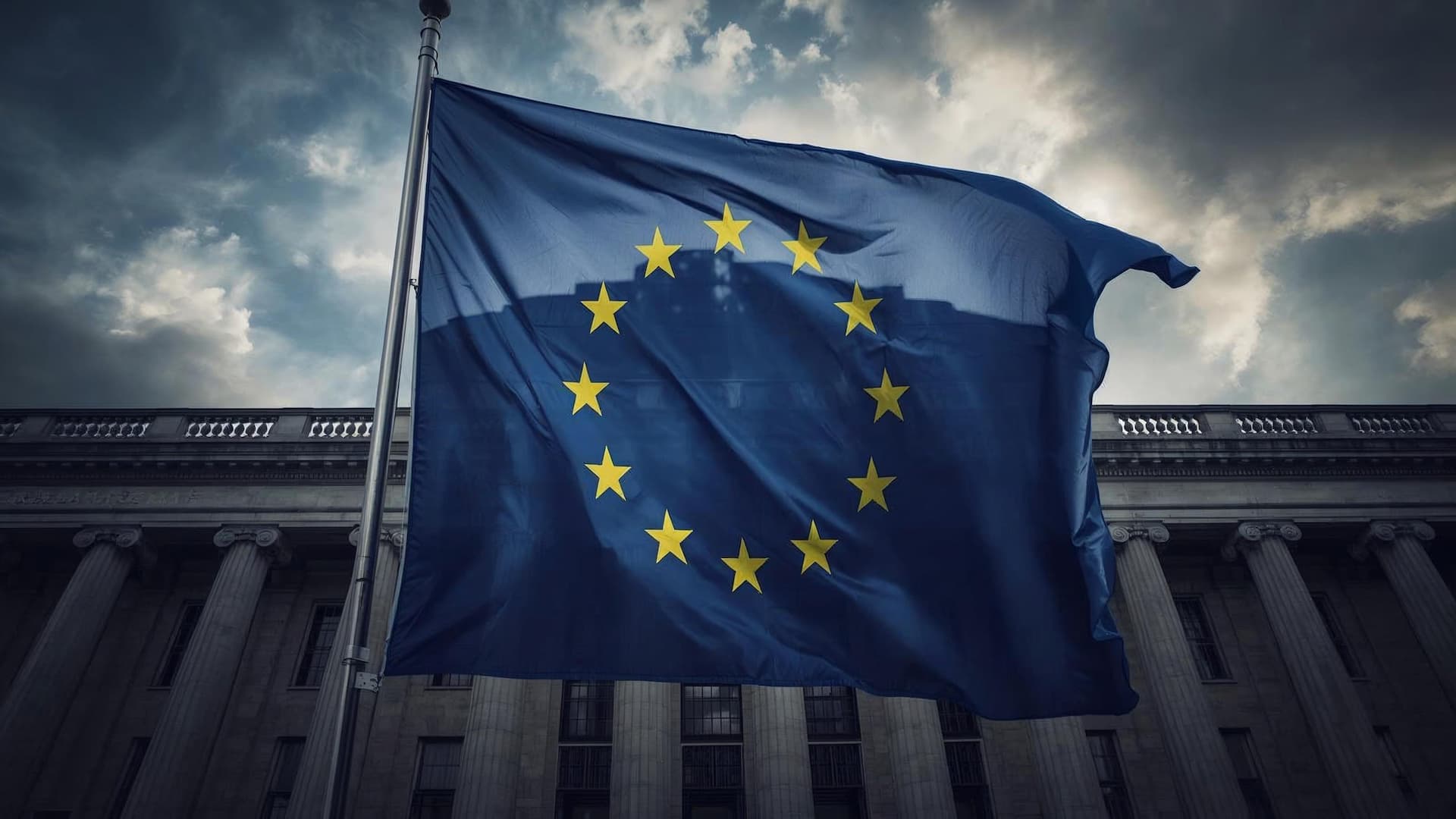The UN World Food Programme’s (WFP) Artificial Intelligence Impact Summit in New Delhi showcased innovations transforming food assistance delivery in India, with AI playing a central role in improving efficiency and access.
Innovations ranged from biometric grain dispensers and smart warehouses to crisis-mapping platforms and AI communication avatars, highlighting how data and machine learning are improving food and nutrition systems.
The Annapurti ‘grain ATM’ stood out, enabling beneficiaries to authenticate with biometrics and collect rations quickly, accurately, and 24/7. According to WFP India Representative Elisabeth Faure, the system lets families access grain without losing a day’s wages.
It is being scaled nationally and expanded to neighbouring Nepal. Smart warehouses and route-optimisation tools also enhance supply-chain efficiency, reduce spoilage, and cut carbon emissions in India’s extensive public distribution network.
Global platforms showcased predictive analytics and emergency logistics tools, designed to improve operational efficiency and forecasting accuracy by 30–50 percent, according to Magan Naidoo.
A parallel hackathon encouraged local solutions, including linking school meals with nutrition gardens, mobile nutrition apps, and predictive tools for child malnutrition, demonstrating the value of grassroots innovation.
UN Resident Coordinator in India noted that India’s digital leadership allows solutions developed locally to be scaled globally. WFP said AI alone cannot end hunger, but combining it with partnerships, policy, and local innovation can greatly boost humanitarian impact.
Would you like to learn more about AI, tech and digital diplomacy? If so, ask our Diplo chatbot!










